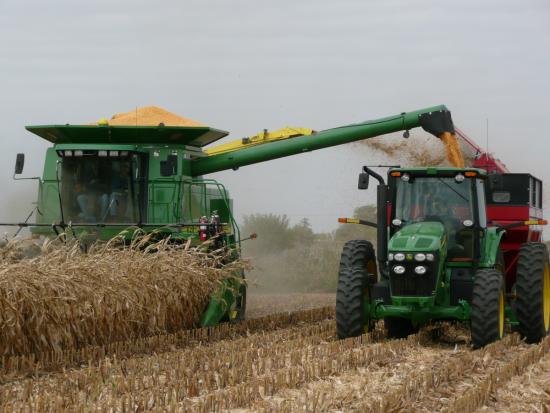
I have a challenge for you: Look around on Wall Street — or anywhere else for that matter — and find a business where net income was up 28% and debt decreased by 3%.
While you’re at it, see where you can find a class of real estate where values are rising dramatically even as debt on those properties is falling!
Doesn’t make sense, right? Maybe not in most sectors. but in agriculture, that’s just what we’re seeing. The press is having a ball reporting on skyrocketing farmland prices, and some keep suggesting that somehow farmers are headed for the kinds of trouble faced a few years ago by condo developers and real estate flippers in Nevada and Florida. Here’s why you don’t need to worry about it:
- Profitability is increasing. The bottom line of a business asset is the bottom line, and that is rock solid. The USDA forecast that when the final numbers are in for 2011, net farm income will be up $21.8 billion — 28% up from 2010. And 2010, which also had a 28% increase in net farm income, was a tough act to follow.
- Debt is actually going down. When homes rise rapidly in value, it’s generally driven by debt. We’ve seen plenty of that in the last six years, when banks loaned too much money based on inflated appraisals. But farmland debt is at very low levels (three-fourths of the farmland in Iowa is mortgage-free), and many of today’s farmland buyers are paying with cash.
- The most eager farmland buyers are local farmers and investors. On Wall Street, we’d call people like this “insiders,” and insider buying is strong. For one thing, many farmers are flush with cash, so when they see a chance to increase their holdings and work more land, they view it as the most solid investment around. And of course, these are the buyers who understand the economics of farming. They know exactly what they’re buying and are well aware of what price they can pay and still earn a satisfactory return. So if they’re still buying, you can be confident that prices are well justified.
